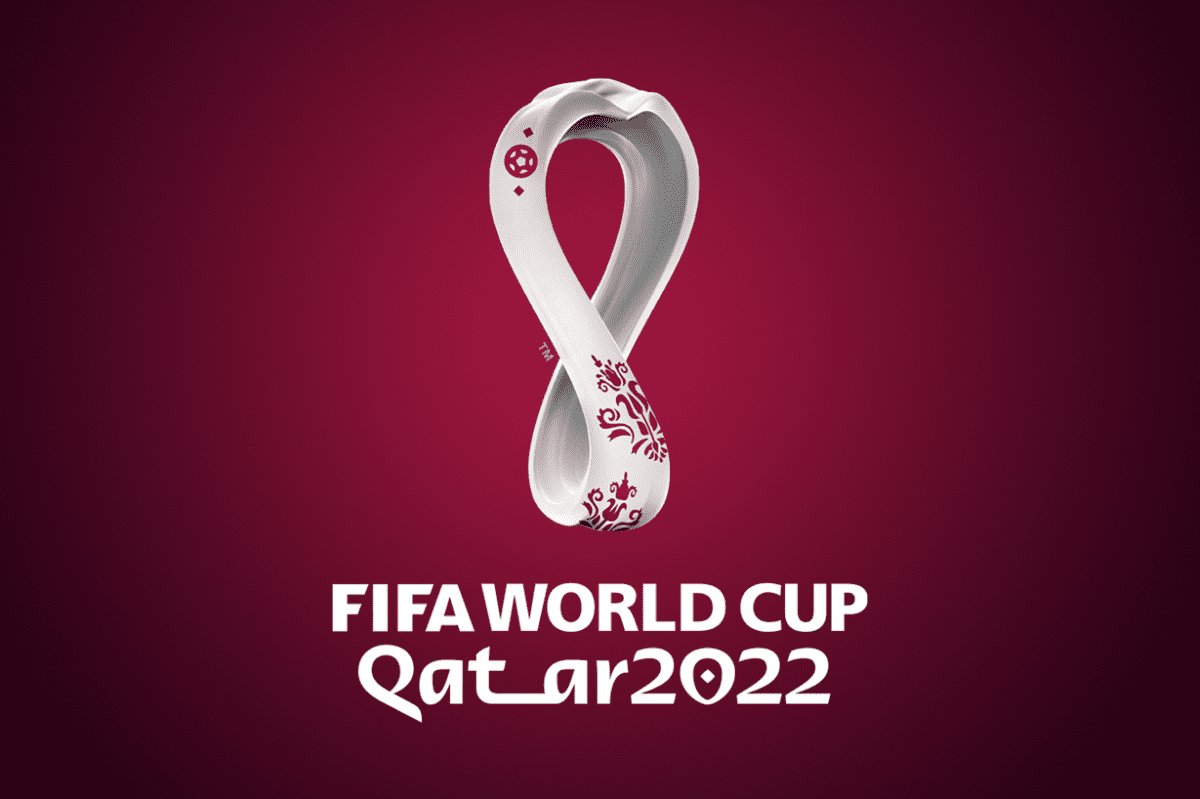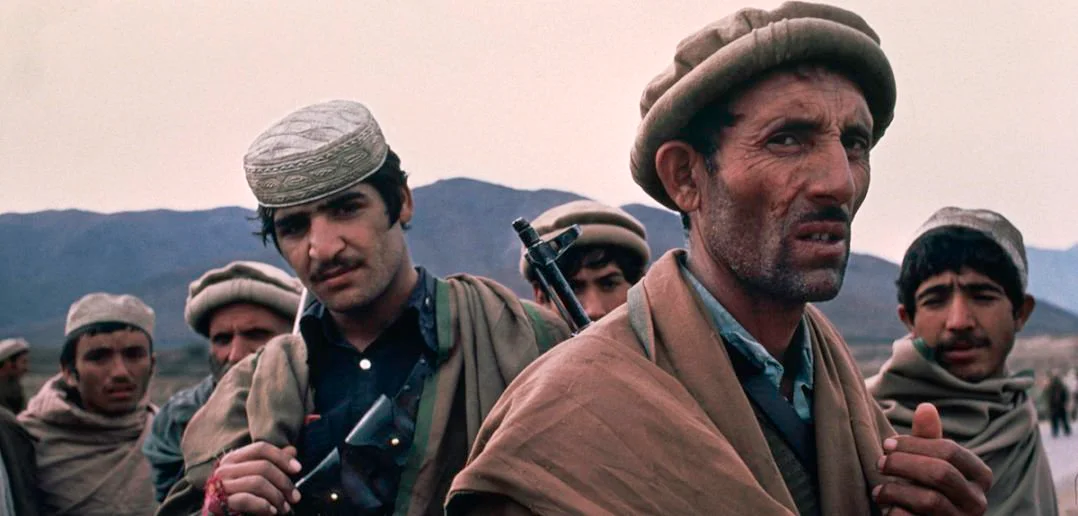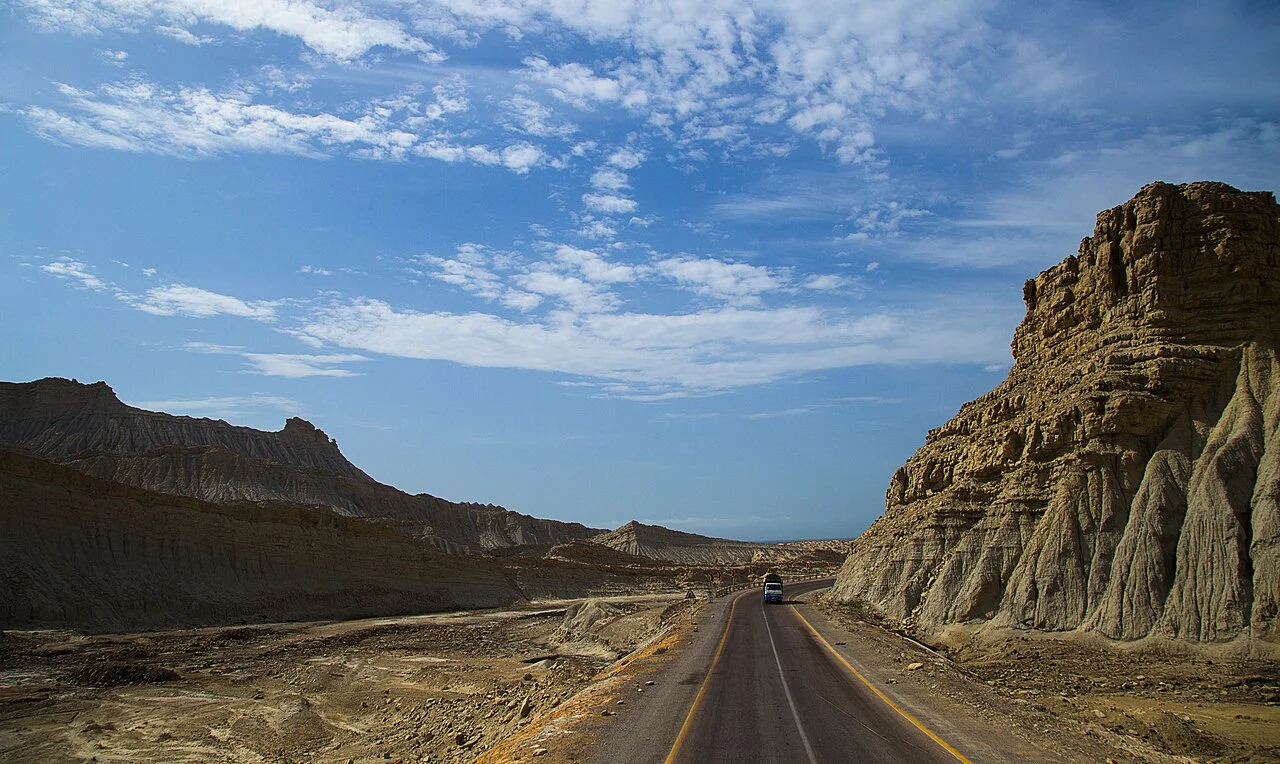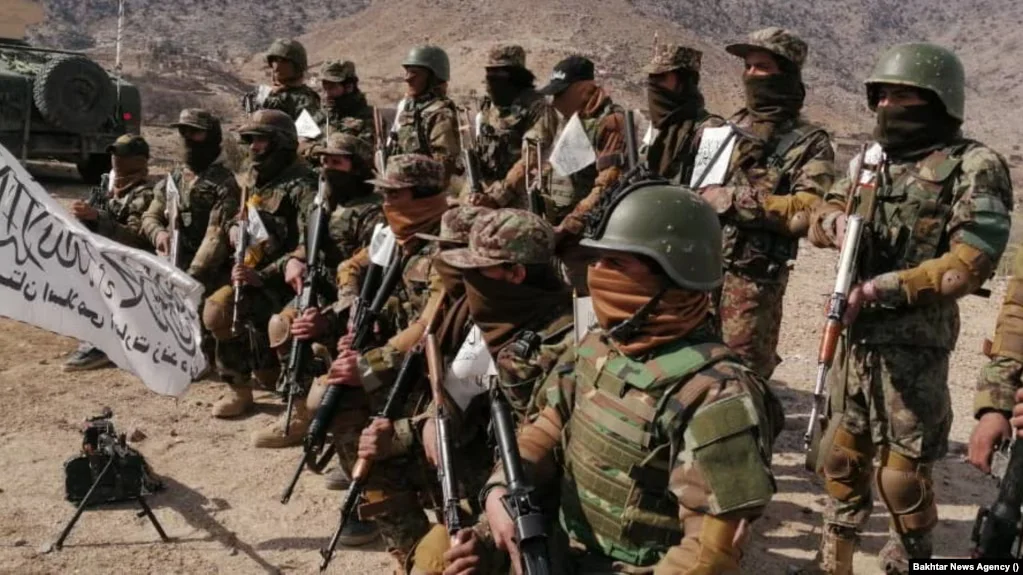With less than ten days until the FIFA World Cup 2022 final and fans eager to see who will be crowned champions, it is almost strange to reflect on the atmosphere in which the tournament began. Following an exhilarating Round of 16, with a number of upsets, thrills, and emotions in between, billions of fans across the world have already proclaimed the 2022 FIFA World Cup as the “best ever.” As of December 13, four teams have advanced to the semifinals; Argentina, Croatia, France, and Morocco, have earned their spots. Notwithstanding the excitement and heartwarming visuals captured since the commencement of the tournament, the decision to give Qatar hosting rights for the 2022 World Cup has been clouded by controversy since its inception, including claims of corruption and breaches of human rights.
Hosting Eligibility Concerns
To begin with, Qatar is extremely wealthy for a country of its size. The Gulf country, which became the first in the Arab world to host the tournament, has among the highest GDP per capita on the globe, according to a Forbes survey from earlier this year. By virtue of their wealth, the Qataris have some major muscles to flex, as per Forbes writer Beth Greenfield, which the western media has alleged to have been utilized in order to win the right to host the 2022 FIFA World Cup.
Concerns over the eligibility of Qatar to host the 2022 FIFA World Cup were first raised in May 2011 following allegations of corruption involving high-level FIFA executives concerning the process through which Qatar was selected to host the event.
Even though Qatar was cleared of all such charges following an internal FIFA inquiry and report, chief investigator Michael J. Garcia later claimed that the document had many “materially incomplete and erroneous representations.” Muddying the waters more, former FIFA president Sepp Blatter asserted in August 2018 that Qatar had engaged in “black operations,” implying that the bid committee had engaged in fraud to obtain the hosting rights. Certain investigations have gone so far as to claim that Qatar tried to influence the decision to award hosting rights by paying Kevin Chalker—a former CIA agent who is now a private contractor—to spy on rival bid teams and important football officials who selected the winner in 2010. However, the 2022 World Cup organizers, including Qatar’s Supreme Committee for Delivery and Legacy have categorically refuted all such claims. A year ago, Nasser Al Khater, CEO of Qatar 2022, told reporters that Qatar had been “unfairly treated and scrutinized” for a number of years.
Qatar: Human Rights and Liberties
Another reason for the harsh condemnation of Qatar by human rights organizations was the treatment of migrant workers, who make up the majority of the population along with other foreigners. Despite labor reforms in 2014, Amnesty’s 48-page Reality Check 2021 report said widespread abuses, including withholding wages and charging employees to switch jobs, have remained prevalent in the country. Moreover, Amnesty International and other human rights organizations have spearheaded calls for FIFA to allocate $440 million, equal to the World Cup prize money, as compensation for migrant workers in Qatar who have been subjected to human rights violations.
To this end, FIFA has been pressured by the football associations of ten European countries, notably Germany and England, to take action to safeguard the rights of migrant workers in Qatar. Nonetheless, FIFA wrote to World Cup teams, urging them to focus on the game in Qatar and not allow it to be drawn into ideological or political debates.
Generating most debate in the liberal quarters of the west, however, was the issue of LGBTQ (lesbian, gay, bisexual, transgender, and queer) persons inclusion, whose rights organizations claim are subjected to discrimination under the country’s laws. Since homosexuality is illegal in the Muslim country of Qatar, some players expressed concern for the fans travelling there. Notably, less than two weeks prior to the games, former international and Qatar World Cup ambassador Khalid Salman affirmed that homosexuality was “damage in the mind.” He continued by saying that more than a million people were expected to visit Qatar for the World Cup and that they should respect the regulations there. FIFA followed up by informing the captains of England, Wales, Belgium, the Netherlands, Switzerland, Germany, and Denmark, who had intended to wear “OneLove” armbands as a mark of protest, that doing so would result in a booking. Later, the German Football Association said that “extreme blackmail” forced federations who planned to wear the armbands to abandon the gesture. It is pertinent to note that the captain of each team, in line with FIFA rules, “must wear the armband issued by FIFA” during its Final Competitions, and team equipment cannot contain any political, religious, or personal slogans, declarations, or imagery. As on the subject of LGBTQ representation, an outrage emerged in western circles when FIFA announced on November 18 that alcoholic beer would not be sold at stadiums.
The Western Hypocrisy
In myriad ways, the buildup to the FIFA World Cup 2022 and the heated debates over Qatar’s eligibility—or lack thereof—to host such a tournament revealed in sharp detail what can best be described as western hypocrisy.
It is perhaps most visible when contrasting the controversy over Qatar’s supposedly immoral bidding procedure with the tacit approval of the same quarters for the manner in which Australia won the bid for the 2000 Summer Olympics. In what was later perceived in China as a US-led intervention in the selection process, two members of the International Olympic Committee chose Sydney over Beijing in 1993, apparently owing to China’s human rights record and subsequent international isolation as a result of the 1989 Tiananmen Square riots; and overriding allegations of bribery on the part of John Coates, then Vice President of the Sydney Olympic Bid Committee. There is also no mistaking the disproportionate indignation emanating from a misplaced sense of moral superiority in the West, especially considering how people were abducted from the continent of Africa throughout the 17th and 18th centuries, sold into slavery in the American colonies, and exploited to labor in the cultivation of products like cotton and tobacco. Midway through the 19th century, America’s westward migration and the abolitionist movement sparked a major debate about slavery that would ultimately lead to the brutal Civil War, which tore the country asunder. Furthermore, the China Society for Human Rights Studies (CSHRS) published this year a report titled “Severe Humanitarian Disasters Caused by US Aggressive Wars Against Foreign Countries” in which it accused the US of repeatedly engaging in “humanitarian intervention” in other countries while also claiming that from the end of World War II to 2001, the US initiated 81% of armed conflicts in the world—including the War in Afghanistan, leading to both civilian casualties and property damage.
Towards Showdown: Experiencing the New
For all the backlash it unduly received in the western mainstream media platforms, the Qatar World Cup has already been hailed among football fans as the “Best World Cup ever” on social media and has thus far dispelled several stereotypes about Muslims and Islam. As a matter of fact, ITV’s football analyst Mark Pougatch tweeted an “honest assessment” of the World Cup, noting that it gave African and Middle Eastern fans a chance to be the center of attention and that there was less animosity and agitation without alcohol around. Similarly, women claimed that to their surprise alcohol prohibition has made things safer and better for families. Overall, the 2022 FIFA World Cup appears to have brought to light the friendliness, respect, and hospitality associated with traveling to a Muslim country. Besides the visuals of fans praising the hospitality of the locals, Doha’s Katara Cultural Village Mosque has been a popular venue for non-Muslims curious about Islam. There are also accounts of individuals converting to Islam after speaking with Muslims and learning more about the religion while in Qatar. But perhaps the most prominent feature of this World Cup has been the proud, unapologetic expressions of solidarity for the cause of Palestine and Palestinians, and its religiopolitical significance, particularly in the Muslim world.
Ultimately, the 2022 FIFA World Cup has provided the global audience an opportunity to experience a parallel universe, observing a marked departure from the much-touted “rules-based international order”, which albeit projected worldwide as an embodiment of universal laws, principles, and practices, is in fact a myopic and elitist lens to view the world, in which exist a greater variety of more engaging voices, and ideas.






